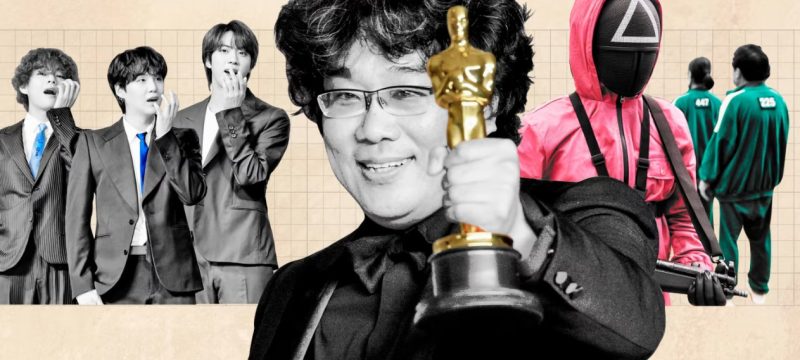After close to ten years of restrictions, China may soon lift its unofficial ban on Korean entertainment, with reports indicating that the embargo could be lifted as early as May. This potential move is seen as part of China’s shift from its assertive “wolf warrior” diplomacy to a more amicable “smile policy,” aimed at reducing global anti-China sentiment.
The ban was initially imposed in 2016 following South Korea’s decision to deploy the U.S. THAAD missile defense system, leading to a halt in the flow of Korean music, movies, TV dramas, and other cultural exports to China. While China never officially acknowledged the embargo, it had a significant impact on the availability of Korean content on Chinese streaming platforms and in cinemas, along with the suspension of K-pop performances.
Also Read: China’s ‘Ne Zha 2’ Fuels Nationalist Pride Amid Hollywood Backlash
According to a recent report from the Korea Economic Daily (KED), an unnamed senior Chinese official revealed plans to ease the restrictions and resume cultural exchanges with South Korea. “Starting next month, we will send a private-level cultural delegation to South Korea as the first step toward expanding cultural exchanges, aiming to fully resume cultural cooperation as early as May,” the official said.
Economic Impacts of the Ban
The ban has had significant financial repercussions for both countries. For South Korea, the KDB Future Strategy Research Institute estimated a loss of up to $15.3 billion (KRW 22 trillion) in 2017 alone. Entertainment companies like Hybe, JYP Entertainment, and SM Entertainment suffered major losses due to the embargo. However, following news of the potential ban lift, shares in these companies surged, with Hybe’s stock reaching an annual high of KRW 254,000.
China, on the other hand, has seen its box office revenue fall by 23%, exacerbated by the lack of international content, including Hollywood films, after the 2023 strikes. The decline in box office revenue has highlighted the need for more diverse content in China, despite local films such as Nezha 2 performing well.
Potential Signs of Change
A sign of this potential cultural thaw is Korean director Bong Joon Ho’s latest film Mickey 17, which is set to release in China on March 7. While Mickey 17 is a Warner Bros. production, its connection to Korean talent has not been an issue for China, since restrictions have primarily targeted South Korean productions rather than international films featuring Korean contributors.
The gradual easing of the ban could represent not only a shift in diplomatic relations but also much-needed relief for both the Korean and Chinese entertainment industries. As the two countries move towards resuming cultural cooperation, it opens the door for new avenues of collaboration, benefiting artists, companies, and fans alike.









